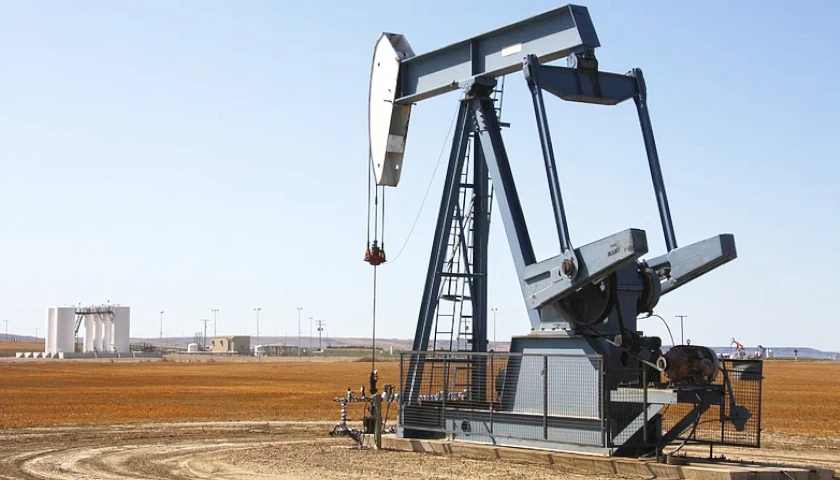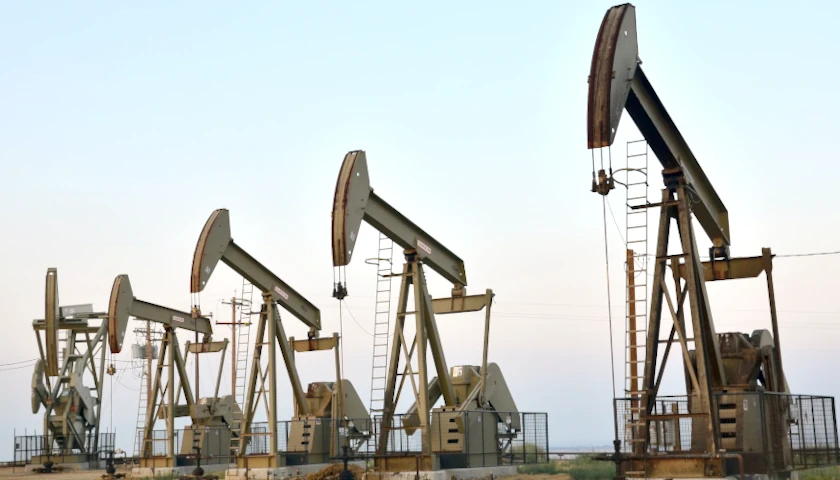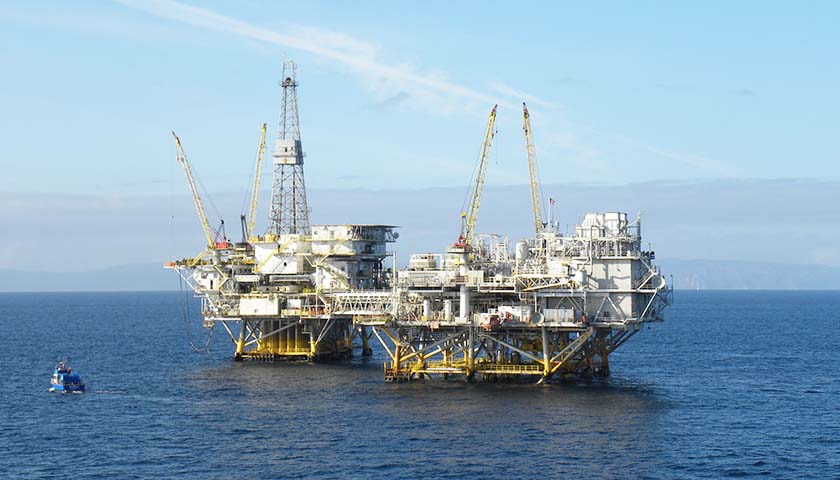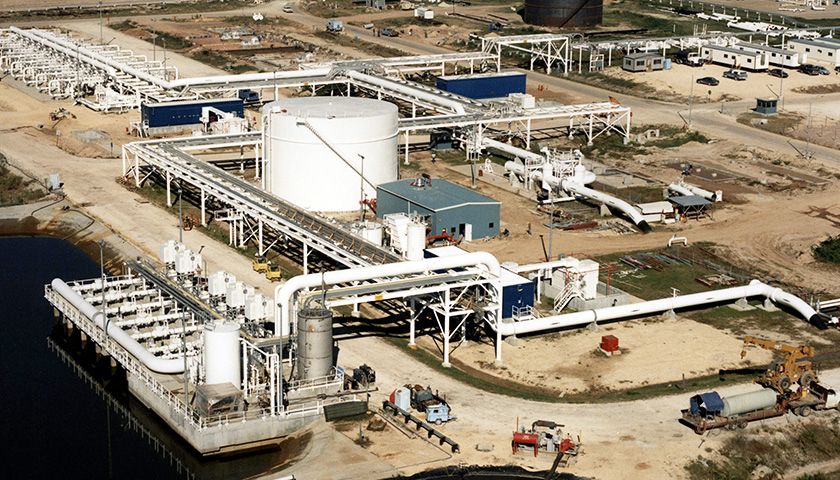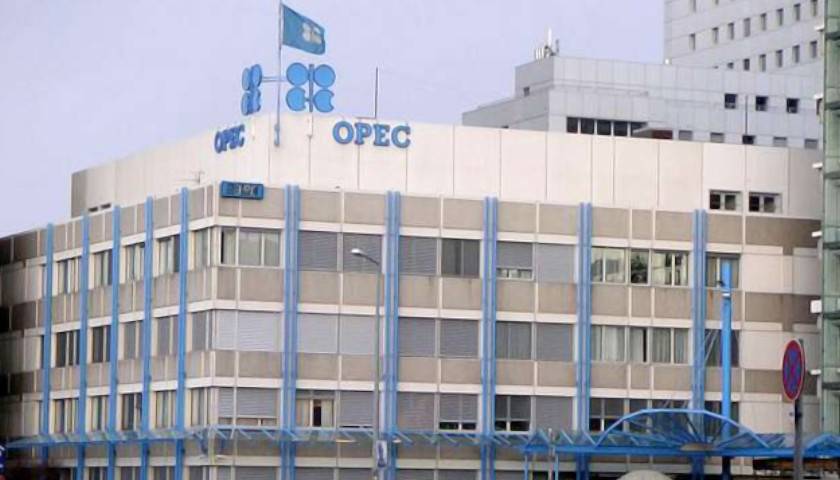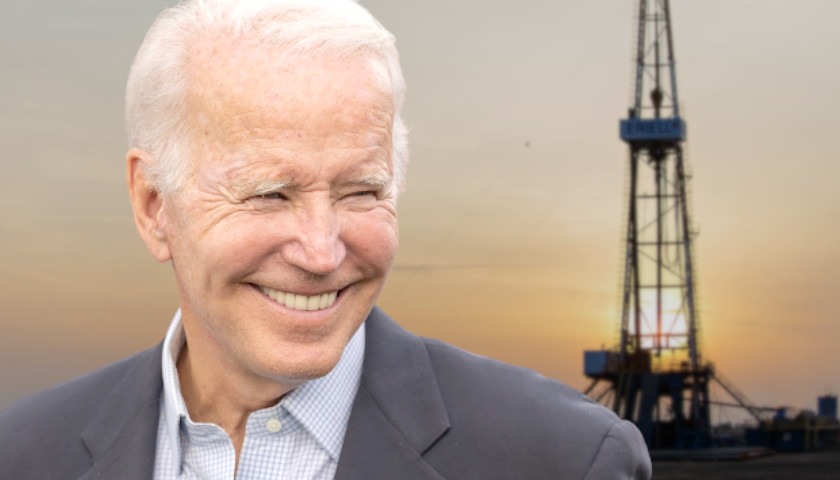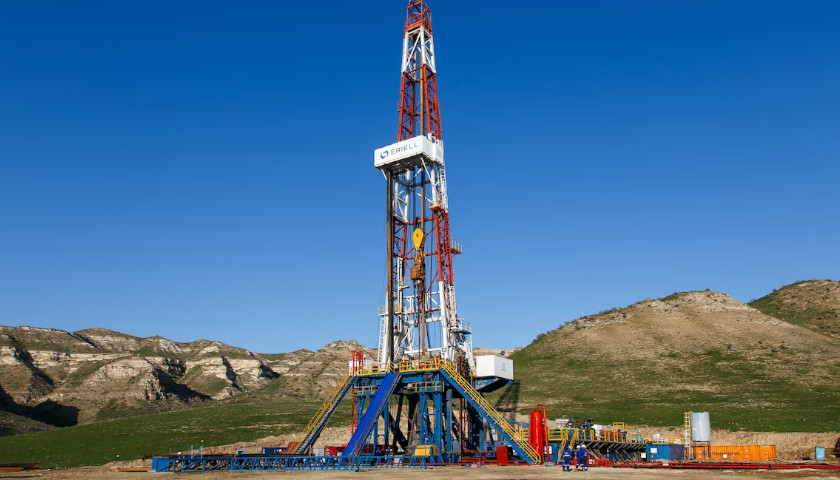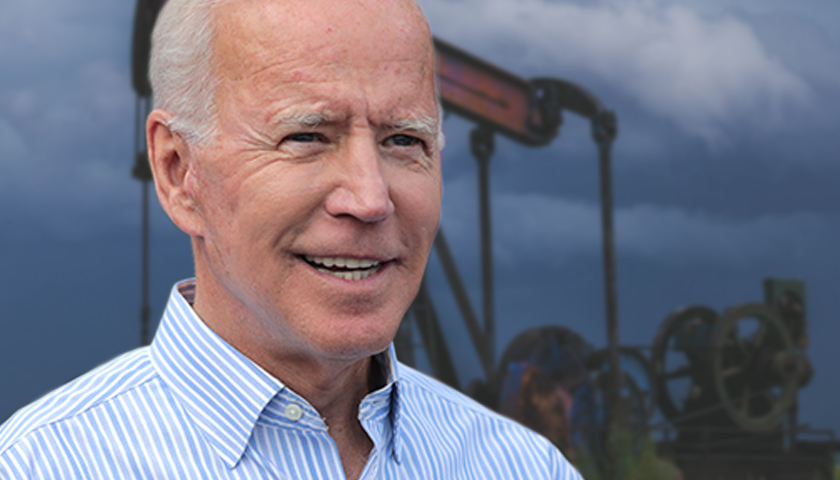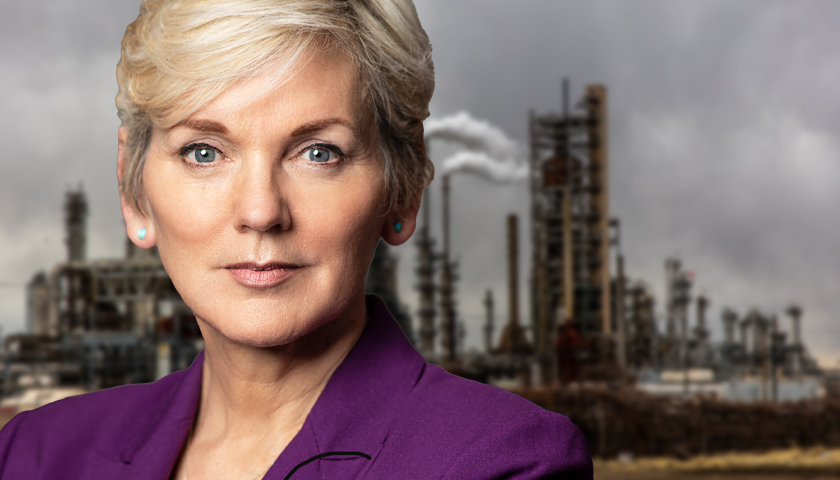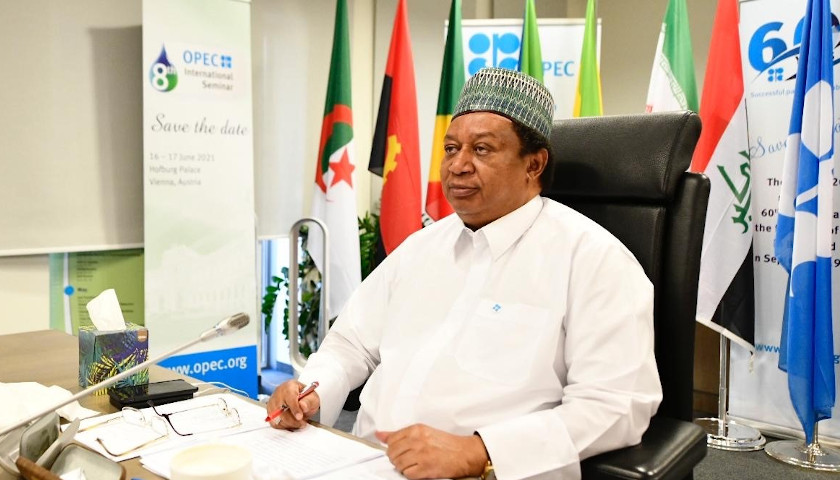The United States is producing more oil now than any nation in the world has ever produced. In 2008, the U.S. produced only 5 million barrels of oil a day. Last year, the country produced 13 million barrels daily.
The United States’ record-breaking production is often used to knock back the argument President Joe Biden’s energy policy aims to minimize domestic fuel fuel production – to cut carbon emission and make way for more renewable energy.
Read More
